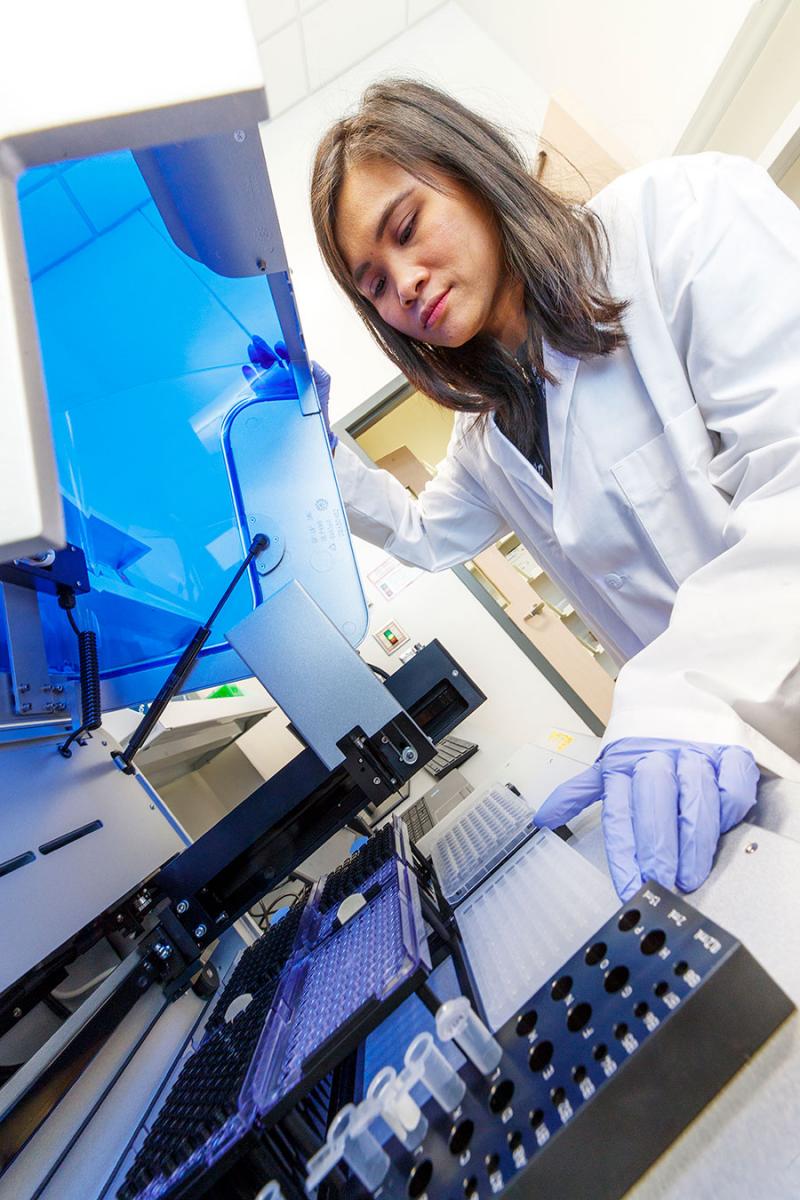The Role of Veterinary Labs in Protecting Pet Health
The Role of Veterinary Labs in Protecting Pet Health
Blog Article
Keeping your furry friends healthy is essential for their happiness. Veterinary testing facilities are crucial for identifying health issues for companion animals.
Throughout this resource, we’ll break down how pet diagnostic centers work, what tests they offer, and how these services benefit your pets.
Understanding the Role of Veterinary Testing Centers
Diagnostic services for pets help diagnose health conditions in pets. Veterinarians rely on them to monitor health conditions.

The process usually starts with:
- Gathering pet health data: Vital specimens are collected from the pet.
- Laboratory analysis: Sophisticated machines examine the specimens.
- Diagnosing the findings: The lab provides detailed reports to the veterinarian for custom care strategies.
Common Veterinary Tests for Pets
Veterinary labs run multiple health assessments to address health concerns early. Frequently conducted exams include:
- Blood work: Monitor organ function.
- Bladder health evaluations: Check for diabetes.
- Stool analysis: Ensure proper digestion.
- Allergen identification: Diagnose food allergies.
- Advanced imaging techniques: Spot tumors.
análises clínicas veterinárialaboratorio exames veterinarioslaboratório veterinário pró vita
The Benefits of Veterinary Diagnostics
Ongoing health monitoring plays a key role in managing chronic conditions. Timely diagnosis gives your pet the best chance at recovery.

Some key benefits include:
- Better disease management: Customized solutions for your pet’s needs.
- Knowing your pet is cared for: Regular testing ensures clarity.
- Avoiding expensive treatments later: Save money by staying ahead of problems.
Why Veterinary Testing is Essential for Cats and Dogs
Incorporating lab testing for your pets ensures their longevity. Veterinary labs deliver accurate results to manage their health effectively.
Make lab testing part of your pet’s health plan to give them the best care possible!
Report this page